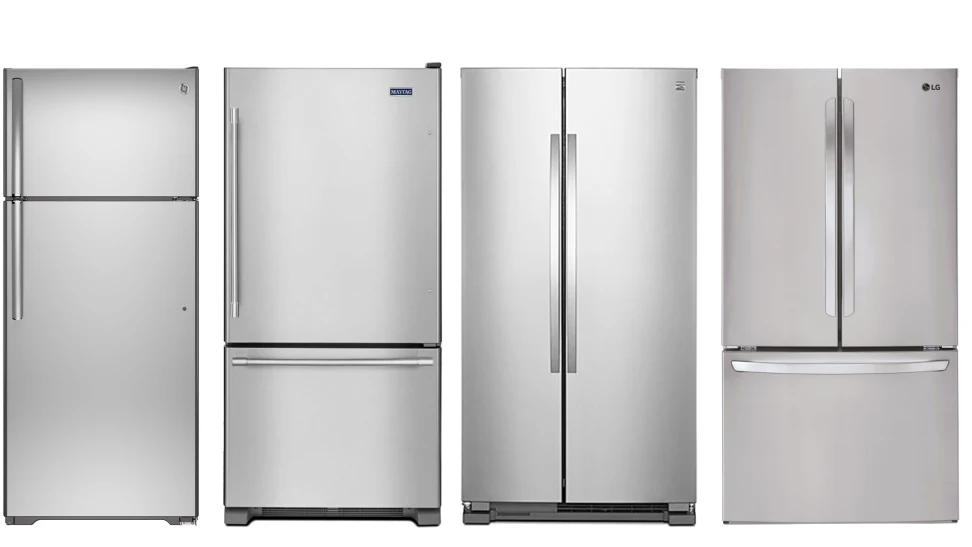In today’s corporate world, food is far more than just a perk. It has become a central element of workplace culture, influencing everything from employee morale to productivity. Companies across industries are realizing that the meals they offer—whether through cafeterias, catering, or managed dining services—play a critical role in shaping how employees feel about their workplace.
Food as a Reflection of Company Values
The dining experience provided by a company often mirrors its broader values. Businesses that prioritize fresh, healthy, and diverse meal options show their employees that well-being is a priority. This is not simply about offering lunch; it’s about demonstrating care and respect for the people who spend much of their day in the office.
Employees who feel valued in this way are more likely to stay engaged, perform at higher levels, and remain loyal to the organization. Offering thoughtful dining solutions is an investment in both people and long-term business stability.
The Social Benefits of Shared Meals
One of the most underrated aspects of workplace dining is its ability to bring people together. Eating meals in a shared environment creates opportunities for casual conversation and cross-departmental connections. These interactions often lead to better collaboration, new ideas, and stronger professional relationships.
In many companies, the cafeteria or dining area becomes the social hub of the office. By encouraging employees to take breaks and eat together, businesses foster a sense of community that translates into improved teamwork and overall culture.
Productivity and Nutrition Go Hand in Hand
Nutrition directly impacts performance. Employees who have access to balanced meals are less likely to experience energy crashes, fatigue, or difficulty concentrating. Conversely, poor nutrition can reduce focus, lower morale, and even increase absenteeism.
By investing in meal programs, companies ensure that employees have the fuel they need to perform at their best. A dining program is not just about food—it’s about maintaining the energy levels that drive productivity throughout the day.
Attracting and Retaining Talent
In a competitive job market, perks matter. Modern workers often evaluate a company’s benefits package beyond salary alone, and food services are becoming an increasingly important factor. High-quality workplace dining can be a differentiator, helping businesses attract top talent while keeping current employees satisfied.
Younger generations in particular place strong value on convenience and wellness. Offering healthy, varied, and accessible food demonstrates that a company is in touch with the needs of its workforce.
Cost Savings Through Smarter Meal Programs
Many companies initially hesitate at the idea of investing in food services, viewing it as an unnecessary cost. However, the long-term savings often outweigh the expense. Providing meals reduces time lost to off-site lunch breaks, improves overall productivity, and lowers turnover by boosting employee satisfaction.
In addition, companies with strong food programs often report lower healthcare costs due to healthier employee lifestyles. What looks like an expense on paper is, in practice, a smart business strategy.
Options for Businesses of All Sizes
Workplace dining programs are not one-size-fits-all. Depending on company size, budget, and culture, there are multiple ways to provide employees with meals:
- On-site cafeterias: Best for larger companies with a high number of employees.
- Catering partnerships: Ideal for mid-sized businesses that want variety without the overhead of running a cafeteria.
- Meal stipends or delivery programs: Flexible for remote or hybrid teams.
Each approach allows companies to provide value in a way that fits their operations while still supporting employees.
The Role of Professional Providers
Many businesses turn to external partners for help managing food services. Working with experts ensures consistency, quality, and compliance with health regulations. Professional providers also help companies tailor programs to employee preferences, dietary needs, and budget requirements.
Organizations exploring their options often find that partnering with corporate food service companies is the most effective way to deliver a reliable and enjoyable dining experience. These providers bring expertise and resources that many businesses cannot replicate internally.
Trends Shaping Workplace Dining
The landscape of workplace dining continues to evolve, influenced by shifting employee expectations and broader food trends. Some of the current trends include:
- Health-conscious menus: More focus on plant-based, low-sugar, and nutrient-rich options.
- Sustainability: Interest in locally sourced ingredients and eco-friendly packaging.
- Customization: Employees want meals that reflect their personal tastes and dietary restrictions.
- Technology integration: Apps and kiosks for ordering meals streamline the dining process.
Companies that adapt to these trends demonstrate that they are forward-thinking and attentive to employee needs.
Looking Ahead
As the workplace continues to evolve, food services will remain a central part of company culture. More than just a benefit, dining programs shape how employees experience their workday and how they connect with one another.
For businesses, investing in quality meal programs means more engaged teams, higher productivity, and stronger retention rates. The value of food in the workplace extends far beyond the plate—it builds a culture of care, collaboration, and long-term success.





